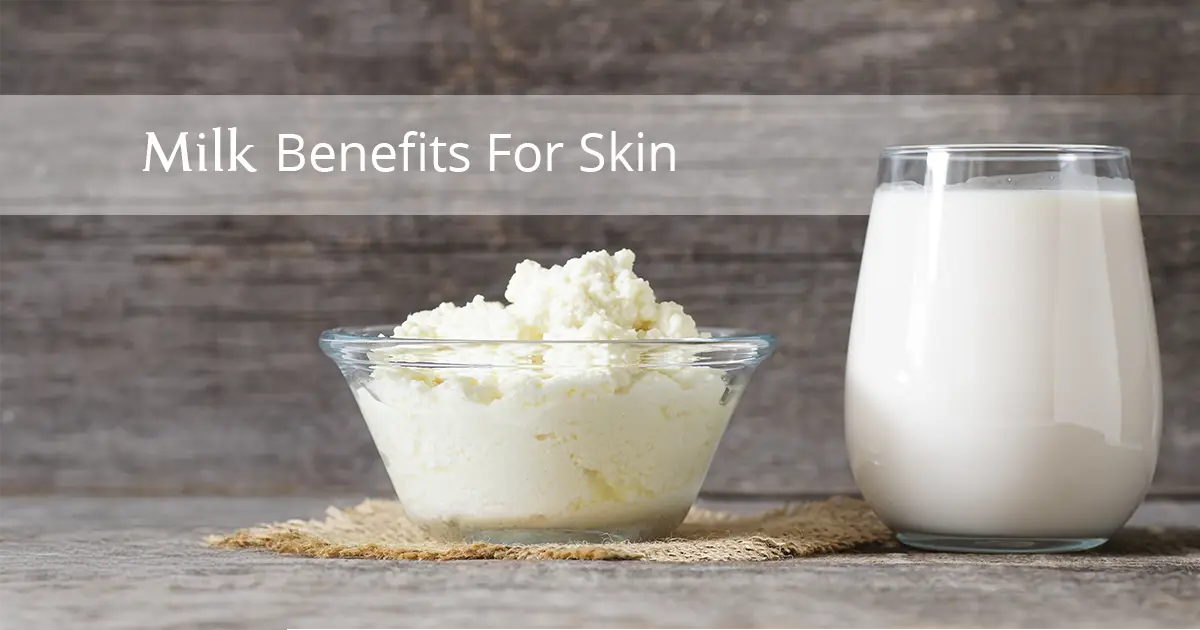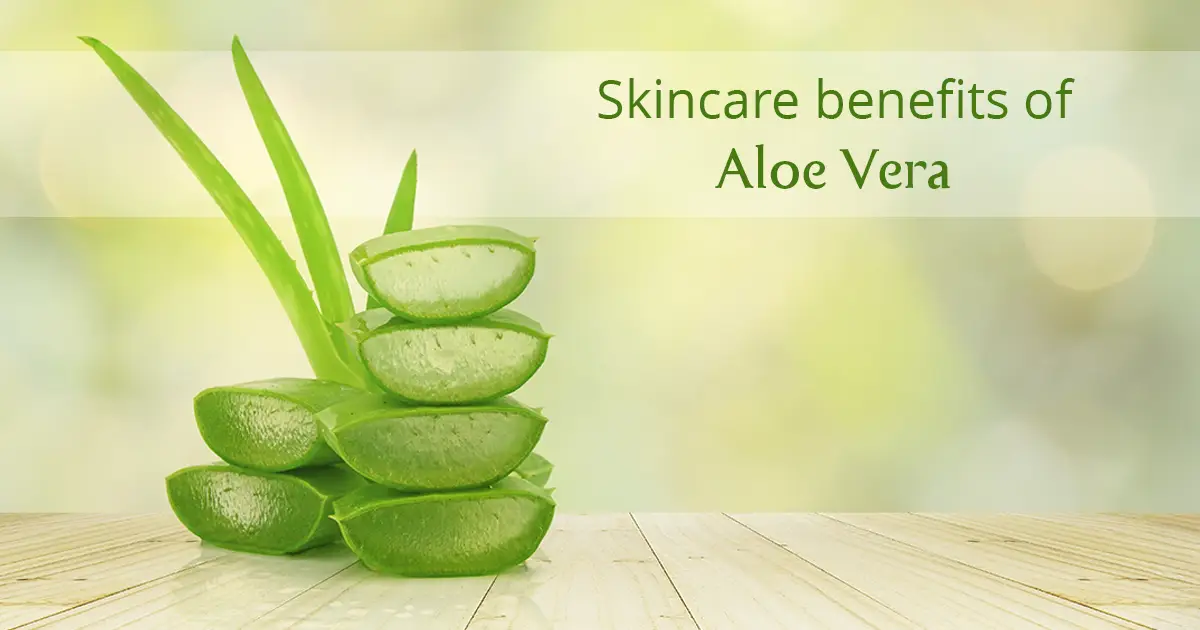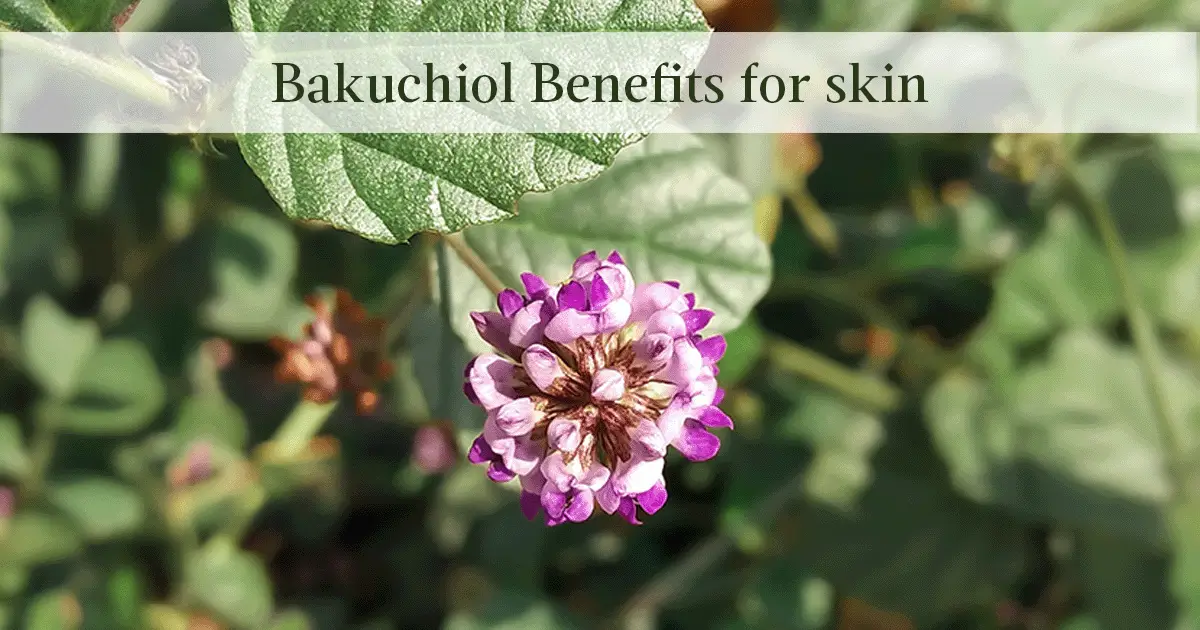
Milk has always been a top choice for supporting physical health and well-being. Packed with essential nutrients, it plays a crucial role in our growth and development. But did you know that milk can also provide incredible benefits for the skin?
For centuries, milk has been used in baths and cleansing routines for its nourishing and soothing properties. Recognising its value, many beauty and cosmetic industries are now infusing milk into their products to deliver the best results for skin health.
Read on to explore how milk is used in the skincare industry and discover the top benefits of milk for the skin.
Top 5 Benefits of Milk On The Skin
Milk has been a staple in skincare for centuries, cherished for its nourishing and soothing properties. Packed with essential vitamins, proteins, and amino acids, milk can provide incredible benefits for maintaining healthy, radiant skin. From moisturising to anti-aging effects, discover how milk can enhance your skincare routine.
Here are the top 5 benefits of milk on skin:
1. Nourishing with Growth Factors and Proteins
Milk is packed with growth factors and proteins that work wonders for your skin. Key proteins like alpha-lactalbumin, beta-lactoglobulin, and immunoglobulins are not just great for nutrition but also have powerful reparative and restorative properties when applied to the skin.1
- Alpha-lactalbumin is known for its skin regeneration abilities. It helps stimulate cell growth and supports tissue repair, which makes it especially helpful for healing and soothing the skin. It also reduces inflammation, which is crucial for healing damaged skin.1
- Beta-lactoglobulin plays a vital role in keeping the skin hydrated and elastic. It helps restore and repair damaged skin by improving moisture balance and strengthening the skin's natural barrier, giving the skin a firmer, smoother appearance.1
- Immunoglobulins, particularly lactoferrin, are well-known for their antimicrobial and anti-inflammatory effects. It helps protect the skin from infections, calms irritation, and promotes healing. Lactoferrin is especially beneficial for maintaining a balanced skin microbiome and supporting overall skin health.1
2. Amino Acids Keep Skin Firm and Smooth
Milk is rich in essential amino acids like proline, lysine, and threonine, which are crucial for maintaining youthful and smooth skin. These amino acids play a vital role in collagen production, which helps to keep the skin firm and elastic.
- Proline supports the skin’s elasticity, helping to reduce the appearance of fine lines and wrinkles. It works as a building block for collagen, ensuring your skin stays resilient and youthful.1
- Threonine is essential for producing structural proteins like collagen and elastin, which help maintain the skin’s integrity and firmness.1
3. Vitamins That Feed and Protect Your Skin
Milk is a natural powerhouse of vitamins that help nourish and protect the skin. These vitamins not only rejuvenate the skin but also provide a protective barrier against environmental stressors.
|
Nutrient |
Skin Benefits |
|
Ascorbic Acid (Vitamin C) |
Promotes collagen and L-carnitine production, supports wound healing, antioxidant |
|
Niacin (Vitamin B3) |
Maintains healthy skin, improves texture and tone |
|
Biotin (Vitamin B7) |
Strengthens hair and nails, supports skin barrier |
|
Vitamin E |
Antiaging, antioxidant, protects from environmental damage |
|
Retinol (Vitamin A) |
Encourages skin cell turnover, reduces signs of aging |
4. Lactoferrin
One of the key bioactive proteins found in milk, lactoferrin, has gained significant attention for its antimicrobial and anti-inflammatory properties. It plays a crucial role in protecting the skin, particularly when it comes to maintaining the skin’s natural balance and supporting its defence mechanisms.1
Lactoferrin helps to fight harmful bacteria and fungi on the skin, reducing the risk of infection. It also soothes irritation, making it an ideal ingredient for sensitive and acne-prone skin. By supporting the skin’s microbiome, lactoferrin keeps the skin healthy and clear, helping it recover from everyday damage and inflammation.1
5. A Natural Way to Slow Down Ageing
Milk is packed with proteins, peptides, and nutrients that can naturally slow down the signs of aging. Whether in creams, serums, or face masks, milk proteins are becoming increasingly popular in anti-aging skincare routines for their ability to improve a skin’s appearance and texture.1
The proteins found in milk help to repair damaged skin, boost hydration, and improve elasticity, reducing the appearance of fine lines and wrinkles. Regular use of milk-based products helps to maintain a youthful glow and gives smoother, firmer skin, offering a natural alternative to harsh chemicals.1
Final thoughts:
Milk has proven itself to be more than just a nutritious drink — it's a powerhouse ingredient in the world of skincare. Packed with proteins, amino acids, vitamins, and bioactive compounds like lactoferrin, milk provides numerous benefits for the skin, from nourishment and hydration to addressing signs of aging. Its ability to repair and rejuvenate the skin makes milk a go-to ingredient in both traditional and modern skincare practices.
Whether used in natural remedies or incorporated into high-end beauty products, milk offers a gentle yet effective solution for promoting healthy, smooth, and youthful skin. Its timeless presence in skincare routines is a testament to its effectiveness, and with continued research, its potential in skin health is only set to grow.
FAQs
Q1) Is milk good for your skin?
Yes, milk is beneficial for your skin. It contains a variety of nutrients, including proteins, amino acids, and vitamins, which help nourish, hydrate, and rejuvenate the skin. It can improve skin texture, reduce inflammation, and provide anti-aging benefits, making it a great natural skincare ingredient.
Q2) What are the benefits of hydrolyzed milk protein?
Hydrolyzed milk protein comprises smaller molecules, making it more easily absorbed by the skin. It helps improve skin hydration, strengthen the skin barrier, and enhance elasticity. Additionally, it has soothing and anti-inflammatory properties, which are beneficial for sensitive or irritated skin.
Q3) Is milk protein good for your skin?
Yes, milk proteins are great for your skin. They contain bioactive compounds like alpha-lactalbumin, beta-lactoglobulin, and immunoglobulins that help repair and restore the skin’s barrier. These proteins promote collagen synthesis, improve skin elasticity, and provide anti-aging effects by reducing fine lines and wrinkles.
Q4) What is the major protein found in milk?
The major proteins found in milk are casein and whey. Casein is the dominant protein, making up about 80% of the protein content in milk, while whey protein accounts for the remaining 20%. Both proteins are rich in essential amino acids that offer significant benefits for skin health, including improved hydration, elasticity, and repair.
Q5) Are milk lipids used in skincare?
Yes, milk lipids are commonly used in skincare for their moisturising and protective properties. They help to nourish the skin, maintain its natural barrier, and prevent moisture loss, leaving the skin feeling soft and hydrated.
Q6) Can someone with a milk protein allergy use milk-based skincare products?
If you have a milk protein allergy, it's best to avoid milk-based skincare products. While milk lipids may be safer for some individuals with allergies, milk proteins can trigger reactions. Always perform a patch test or consult with a dermatologist before using these products.











